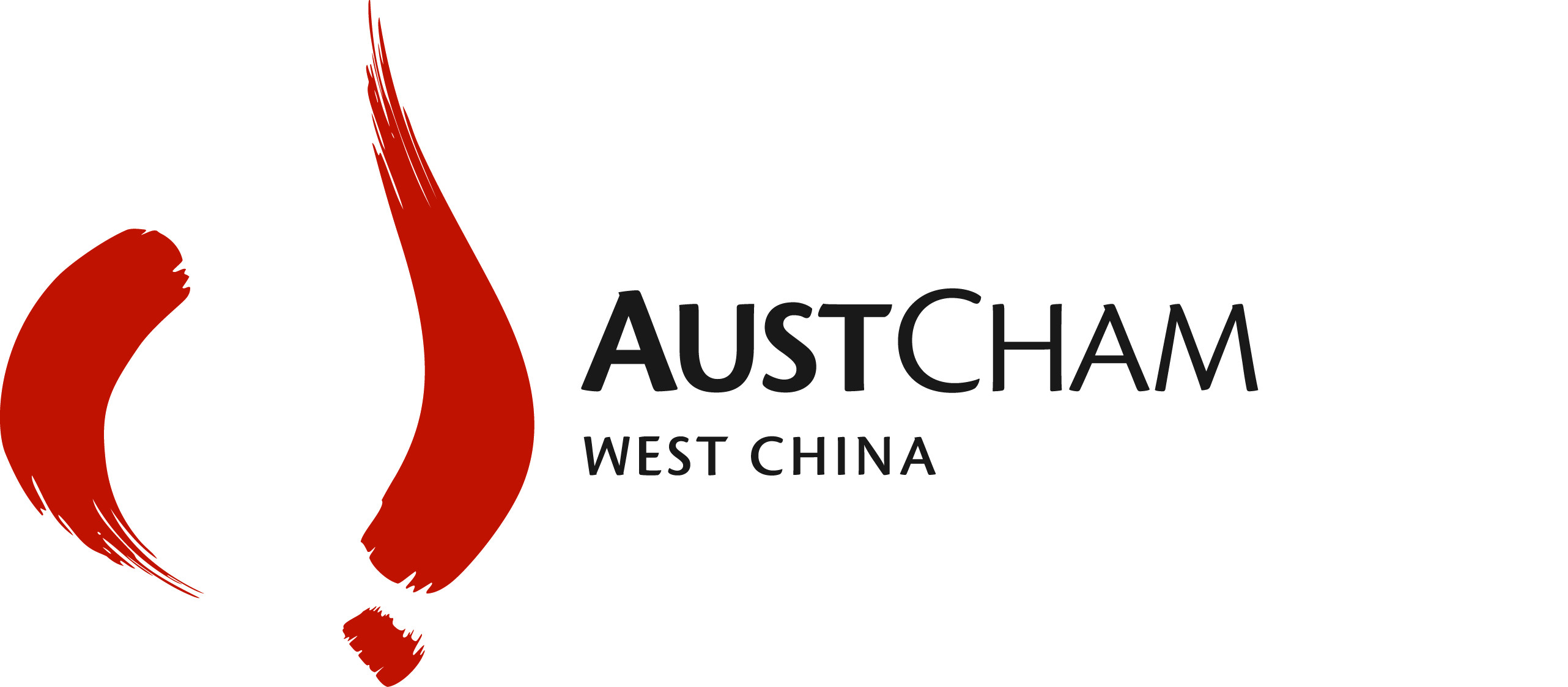Shanghai Index falls after IPO announcements
Shanghai stocks fell yesterday after the securities regulator announced a new batch of initial public offerings. The China Securities Regulatory Commission said after the market closed on Tuesday that it had approved seven companies to sell new shares under new listing rules that took effect on January 1. Under the new rules, pre-paid capital is no longer needed from investors during the IPO subscription process. Click here for full article.
Woodside flags $1.2bn write-down
Woodside Petroleum has flagged write-downs of as much as $US1.2 billion after cutting its predictions on oil prices. The write-downs follow BHP’s huge impairments on its US shale business, announced on Friday, and are expected to be amongst many reported by Australia’s oil and gas companies this earnings season, as Brent crude prices bump along at 12-year lows. Peter Coleman, chief executive of Woodside, said the company was continuing to “relentlessly focus on delivering the fundamentals of our business and are now seeing the benefits of our productivity programs flow through to our results”. Click here for full article.
Plans for digital currency
China’s central bank yesterday announced it will try to issue a digital currency “as soon as possible”. Digital currency costs less in circulation than traditional paper, facilitates trade, increases transparency and cuts money laundering and tax evasion, according to the People’s Bank of China. They will improve the central bank’s control of currency to better support development, and bolster new financial infrastructure and complete payment systems. Click here for full article.
Volatility to hit super returns
The days of double-digit superannuation returns are gone for now, warns super fund consultants SuperRatings, as some of Australia’s biggest super funds brace for further market volatility. Balanced funds, the most widely held super funds, returned an average of 5.6 per cent over the 2015 calendar year, well below the median returns of 16.3 per cent in 2013 and 8.1 per cent in 2014. The best performing super funds last year were mainly union-backed industry funds, thanks to their large exposure to property and hedge funds. Click here for full article.
China’s cash controls to hit Sydney property market
One of Sydney’s top real estate agents said Chinese buyers are finding it increasingly difficult to get money out of the country, as Beijing tightens foreign exchange controls in a bid to support its weakening currency. Properties below $5 million are likely to be the hardest hit, as buyers of these properties often don’t already have money offshore. Chinese individuals are restricted to moving the equivalent of $50,000 USD out of the country each year. There were previously ways around these capital controls, but in recent weeks Chinese banks have tightened up on existing regulations as the yuan has come under increased pressure from capital outflows. Click here for full article.

